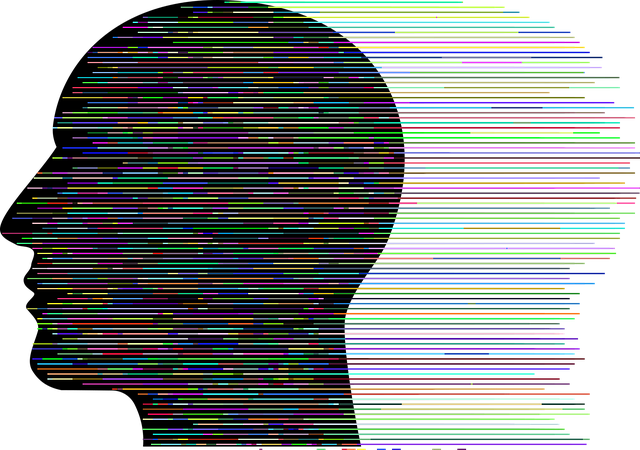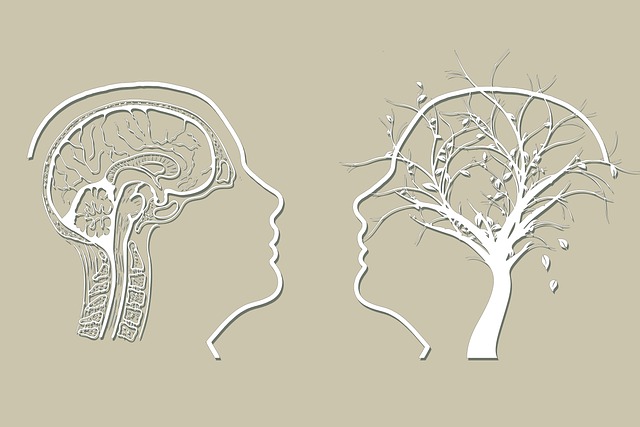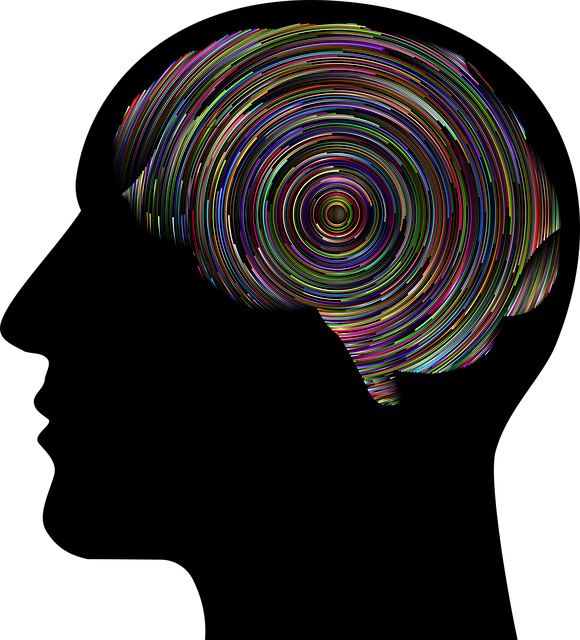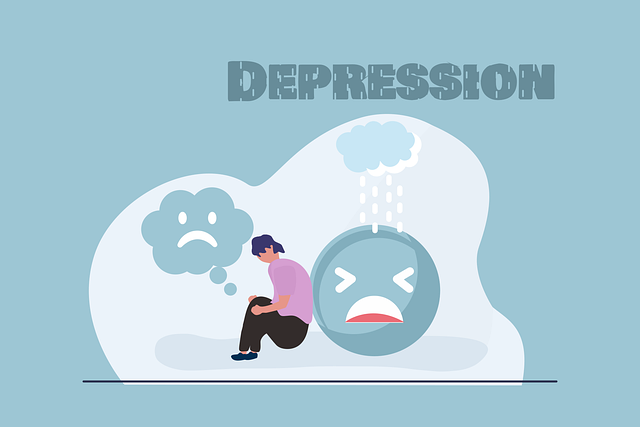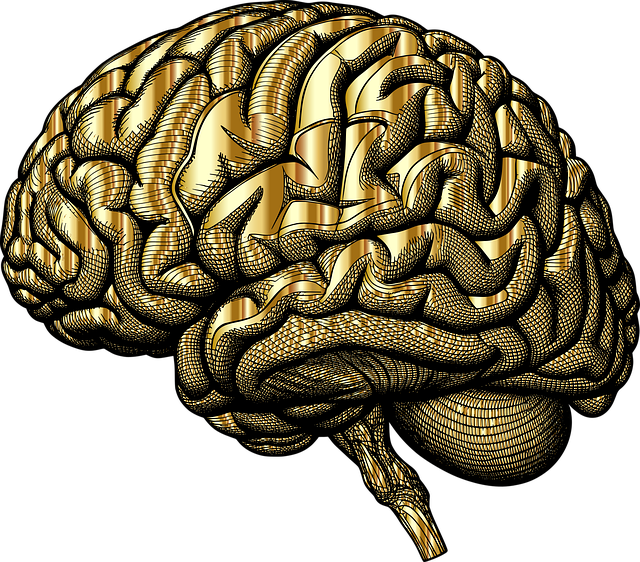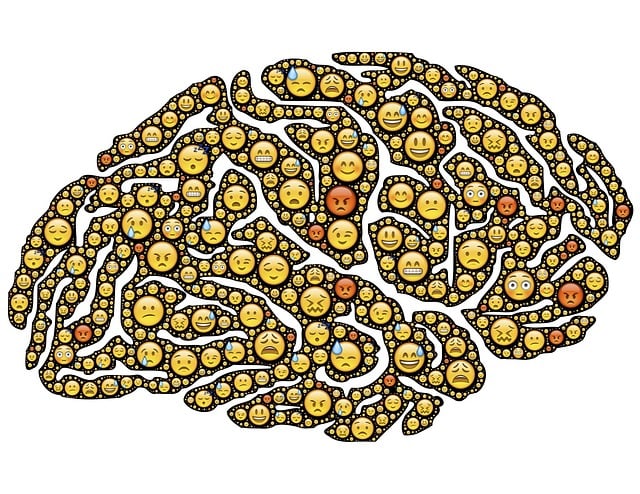Lone Tree Veterans Therapy is at the forefront of revolutionizing mental healthcare with innovative strategies that combine holistic practices and traditional therapy, aiming to accurately diagnose complex mental health issues. They stress the importance of Mind Over Matter principles, tailored stress reduction methods, and community outreach programs to reduce disparities in care. Integrating technology, such as AI-assisted evaluation tools, enhances early detection and treatment interventions. The organization prioritizes continuous education for mental health professionals, including burnout prevention workshops, to maintain optimal performance and improve patient outcomes.
Mental illness diagnosis accuracy is a critical aspect of patient care, especially at facilities like Lone Tree Veterans Therapy. This article explores the challenges inherent in diagnosing mental health conditions and presents innovative solutions to enhance assessment methods. We delve into unique approaches adopted by Lone Tree Veterans Therapy, including integrating technology and cutting-edge research, which have shown promise in improving diagnostic accuracy. Furthermore, we emphasize the importance of comprehensive training and education for professionals.
- Understanding the Challenges of Mental Illness Diagnosis
- Innovative Approaches to Enhance Accuracy at Lone Tree Veterans Therapy
- Integrating Technology and Research for Better Assessment
- Training and Education: Equipping Professionals for Accurate Diagnoses
Understanding the Challenges of Mental Illness Diagnosis

Diagnosing mental illnesses accurately is a complex task due to their multifaceted nature and often subtle symptoms. The process is further complicated by the unique experiences individuals have with mental health conditions, which can vary widely in presentation and severity. This complexity poses challenges for healthcare professionals, especially when dealing with veterans at Lone Tree Veterans Therapy, who may have experienced trauma or developed disorders as a result of their service.
The stigma surrounding mental illness adds another layer of difficulty. Mental Illness Stigma Reduction Efforts play a vital role in encouraging open conversations and early intervention. Moreover, Risk Management Planning for Mental Health Professionals is essential to ensure they are equipped with the latest research, training, and tools to make accurate diagnoses while managing potential risks in various crisis situations, as outlined in Crisis Intervention Guidance.
Innovative Approaches to Enhance Accuracy at Lone Tree Veterans Therapy

Lone Tree Veterans Therapy is at the forefront of revolutionizing mental health care with innovative approaches designed to significantly enhance diagnosis accuracy. Their strategy centers around integrating holistic practices alongside traditional therapy methods, emphasizing the power of Mind Over Matter principles. By focusing on both the mind and body, they aim to uncover underlying causes often hidden within complex presentations of mental illness.
One such approach is through Stress Reduction Methods tailored to individual needs. These techniques not only help veterans manage symptoms but also foster resilience. Additionally, Lone Tree Veterans Therapy actively engages in a Community Outreach Program Implementation, bringing their services directly to underserved communities. This proactive strategy ensures that accurate diagnosis and treatment are accessible to all, addressing mental health disparities and ultimately improving overall therapeutic outcomes.
Integrating Technology and Research for Better Assessment

Integrating technology with research is transforming mental health assessment, aiming for higher diagnosis accuracy at Lone Tree Veterans Therapy and similar facilities. Digital tools like advanced algorithms and AI-assisted assessments offer more objective evaluations, reducing potential biases in traditional methods. These innovations can enhance early detection of conditions such as depression, enabling timely interventions through programs like the Mind Over Matter Principles.
Furthermore, leveraging research to develop innovative assessment techniques complements ongoing efforts in the Mental Wellness Podcast Series Production. By combining cutting-edge technology and evidence-based practices, mental health professionals can improve diagnosis accuracy, ultimately enhancing patient care. This integration ensures that those seeking help receive more personalized and effective treatments, fostering a holistic approach to mental wellness.
Training and Education: Equipping Professionals for Accurate Diagnoses

Mental health professionals play a pivotal role in accurately diagnosing and treating mental illness. Therefore, equipping them with the latest knowledge and skills is essential. Training programs focused on updating clinical practices and integrating new research findings can significantly enhance diagnostic accuracy. These initiatives often emphasize evidence-based approaches like Mind Over Matter Principles, which foster a deeper understanding of various mental health conditions.
Healthcare providers also benefit from burnout prevention strategies, such as regular workshops and seminars, to stay updated and maintain optimal performance. Lone Tree Veterans Therapy, for instance, prioritizes these efforts to ensure its professionals are well-prepared to handle complex cases effectively. By investing in continuous education and Burnout Prevention Strategies for Healthcare Providers, mental health organizations contribute to improved patient outcomes and enhanced service quality.
Mental illness diagnosis accuracy is a multifaceted challenge that requires innovative solutions. Efforts like those implemented at Lone Tree Veterans Therapy, integrating technology and research, and enhancing training demonstrate promising paths forward. By leveraging these approaches, we can improve the reliability of mental health assessments and ensure more effective treatment for all veterans. This collaborative effort not only honors our service members’ sacrifices but also promises a brighter future where accurate diagnoses lead to improved outcomes.


